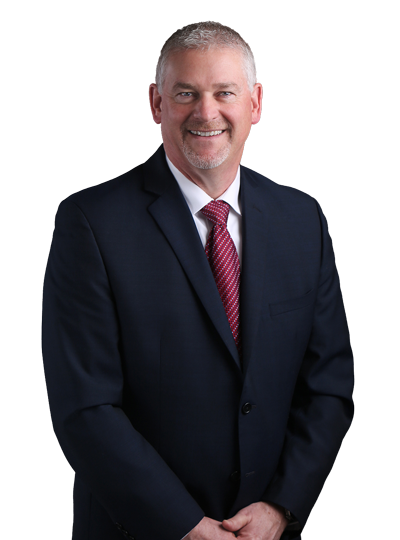
The energy industry is going through a period of transition where we are facing new challenges and opportunities each year. Recognizing this significant time in cooperative history, our statewide organization, Minnesota Rural Electric Association (MREA) selected “Powering Tomorrow Together” as the theme for this year’s annual meeting.
Wes Waller, MREA District 2 Board Chair opened the business meeting, held in St. Paul on March 20th. After introducing the 2024 board of directors, attendees received updates from CoBank, MREA safety and communications leaders, and CFC and NCSC representatives.
Darrick Moe, MREA president and CEO, provided an update on MREA business and energy issues. NRECA Director Tim Velde shared some highlights of the national organization. Keynote speaker Tom Thibodeau, Viterbo University, then took the stage to discuss the positive power of servant leadership.
A highlight of the MREA Annual Meeting was the opportunity to meet with some of our local representatives and discuss issues directly impacting members in Todd-Wadena’s service territory. This year, we met with Senator Jordan Rasmusson (District 9), Representative Mike Wiener (District 5B), Representative Tom Murphy (District 9B), Representative Krista Knudsen (District 5A), Senator Torrey Westrom (District 12), and Senator Paul Utke (District 5).
One of the main points of discussion continues to be the landmark 2040 carbon-free bill that set Minnesota on an aggressive path toward eliminating carbon emissions from its energy production. MREA believes it is imperative we allow cooperatives flexibility in achieving the energy transition and that we do not risk reliability and affordability for the 1.7 million member-owners in Minnesota. We believe locally elected cooperative board members know their neighbors and are in the best position to serve their needs. One-size-fits-all government mandates undermine cooperative governance and local control.
Another key legislative topic is permitting reform. The current process significantly impedes utilities’ ability to deploy new renewable energy sources and needs improvement. The process can be streamlined without compromising public input, community involvement, and the Public Utility Commission’s ability to make informed decisions.
MREA is also working collaboratively with the Department of Revenue (DOR) to clarify language on property taxes and has been told by the Department that street lights, meters, and load control receivers will be exempt from property taxes in the bill.
I am thankful for each of our local representatives who took the time to sit down with us and discuss these energy-related issues that impact TWEC members. As always, we are committed to keeping you informed about legislative happenings and working to secure reliable and affordable electricity now and into the future.
